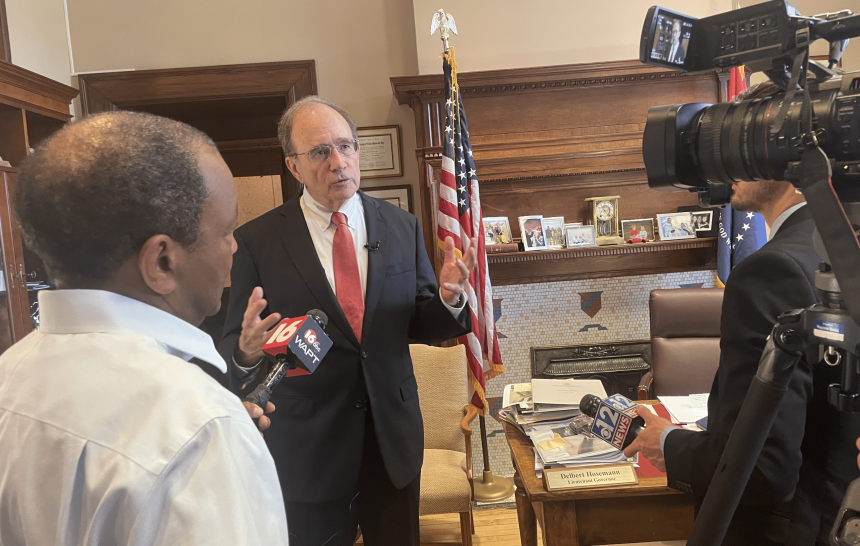Another legislative session has come and gone without Mississippi’s ballot initiative process being restored.
In a last-ditch effort prior to sine die, the Senate attempted to revive a resolution that would have granted citizens the opportunity to propose certain law changes. However, the House declined the offer as the two chambers were previously at massive odds over the number of signatures needed to do so.

During a Monday press conference at the capitol, Lt. Gov. Delbert Hosemann revealed that lawmakers in the Senate were willing to come down on the signature count they previously had cemented at 240,000.
“I was for ballot initiative, and I didn’t get it,” Hosemann told reporters. “We sent a joint resolution down there and we gave the speaker a copy of the bill that we proposed, which had significant reduction in it from what you had seen previously.”
Although Hosemann’s staff declined to clarify how many signatures the Senate proposed in the amended legislation, House Speaker Philip Gunn told SuperTalk Mississippi beforehand that unless his cross-chamber counterparts were willing to agree to the House’s number of 106,000 – or somewhere in the general vicinity – there was no reason to even consider the matter.
“As you know, the House has passed a plan two years in a row that states our position,” Gunn said. “So, unless they plan to change their position, I don’t know if it serves a whole lot of good or is going to accomplish anything.”
According to Hosemann, the Senate was also willing to adopt the House’s measures which would have prohibited citizen-induced law changes relating to abortion or the public employee retirement system.
The restoration of Mississippi’s ballot initiative process, which was stripped in May 2021 over a grassroots medical marijuana campaign, will now have to wait until 2024 unless Gov. Tate Reeves decides to call a special session in the meantime.
EDITOR’S NOTE: House Speaker Philip Gunn revealed after the publication of this article that the Senate was willing to come down to 157,000 signatures, a number he felt was not low enough to revive the legislation during the last week of the session.







